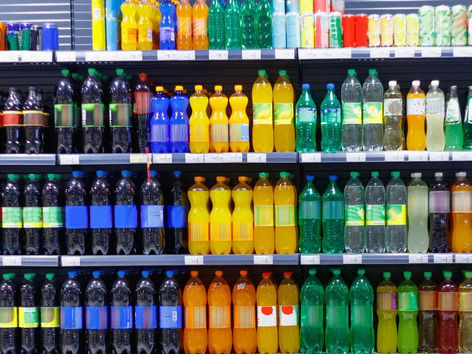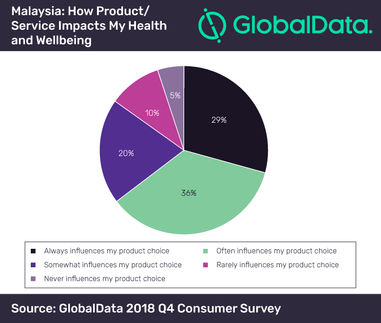Soft drinks levy shows success on reducing sugar intakes
Advertisement
New research indicates that a tax on sugary drinks has succeeded in reducing sugar consumption from soft drinks. The study, which involved NDPH researchers, is published today in The BMJ.

Soft drinks levy shows success on reducing sugar intakes
Nuffield Department of Population Health
Sugary drinks are recognised as a major contributor to obesity, and the World Health Organization has recommended that taxes are used to limit their consumption. In April 2018, the UK Government introduced the Soft Drinks Industry Levy (SDIL), also known as the ‘Sugary Drinks Tax’, to help tackle childhood obesity. This applied a two-tiered tax to all soft drinks containing 5 grams or more of added sugar. Drinks with more than 8 grams sugar/100 mL (high tier) are taxed at £0.24/L and drinks with more than 5 grams but less than 8 g sugar/100 mL (low tier) are taxed at £0.18/L. Drinks with less than 5 grams of sugar/100 mL are not taxed.
Previous research led by NDPH found that the soft drink industry had responded to the tax by reformulating their products, with eight out of the top ten companies reducing the sugar content of their products by 15% or more and a fall in the percentage of drinks with sugar levels over the tax threshold from 49% to 15%. But it was unknown whether this had changed household purchases of soft drinks.
This was investigated using data from a commercial household purchasing panel, which recorded all food and drink purchases brought into the home for approximately 22,000 UK households each week – a total of around 31 million purchases.
The results showed that there was a weekly reduction of 30 grams per household in sugar purchased from soft drinks that were taken home, compared with the expected amounts had the SDIL not been introduced.
Assuming an average of 2.4 people per household, this is equivalent to a reduction in sugar consumption of 12.5 grams per person per week, or each person replacing one 250ml serving of a low-tier sugary drink every week with a sugar free alternative. The researchers show that this reduction has been driven by both companies lowering the sugar concentration of their products, and consumers switching to lower sugar alternatives.
Purchases in two potential substitute food products for sugary drinks – alcohol and confectionary – did not change.
Studies elsewhere have suggested that regular sugary drink consumption increases the risk of tooth decay, obesity, type 2 diabetes and high blood pressure. This suggests that the impact of the SDIL in reducing household sugar intakes is likely to lead to considerable public health gains in the future.
Associate Professor Peter Scarborough said: ‘The reduction in sugar consumption as a result of both changes in industry and consumer behaviour has demonstrated that taxation of food and drinks can lead to positive nutritional outcomes.’
Approximately 40 countries worldwide currently have taxes on sugary drinks. The researchers suggest that sugar consumption could be reduced further by extending the tax to include confectionery and other high sugar foods.
Besides NDPH, the study involved researchers from the University of Cambridge, London School of Hygiene and Tropical Medicine, the University of Bath and the University of Exeter.





























































